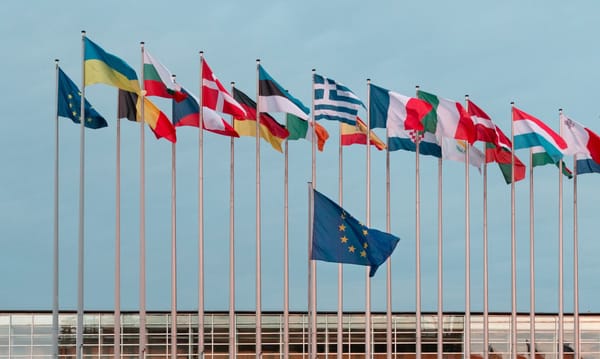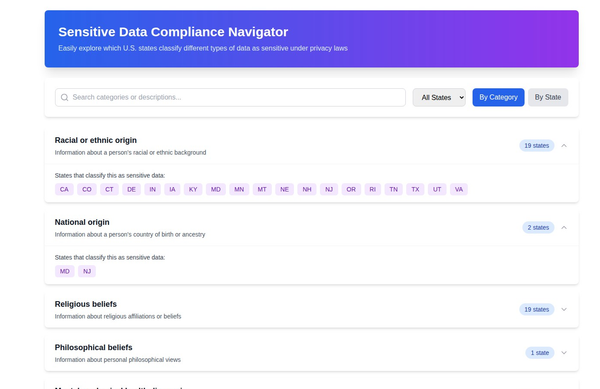Understanding the Protection of Personal Information Act (POPIA): South Africa's Framework for Data Privacy

In South Africa, the Protection of Personal Information Act (POPIA) is the primary legislation that governs the processing of personal data. The Act was signed into law in November 2013, and it promotes the protection of personal information processed by both public and private bodies.
What is POPIA?
The POPIA is a comprehensive data protection law that applies to the processing of personal information entered in a record by or for a responsible party. The law defines personal information as information relating to an identifiable, living, natural person, and where it is applicable, an identifiable, existing juristic person.
The Act sets forth various obligations for responsible parties that process personal information. These obligations include the accountability, processing limitation, purpose specification, further processing limitation, information quality, openness, security safeguards, and data subject participation.
Key Provisions of POPIA
Here are some of the key provisions of the POPIA:
- Accountability: The responsible party must ensure that the conditions set out in this section and all the measures that give effect to such conditions are complied with.
- Processing Limitation: Personal information must be processed lawfully and reasonably that does not infringe on the data subject's privacy.
- Purpose Specification: Personal information must be collected for a specific, explicitly defined, and lawful purpose related to a function or activity of the responsible party.
- Further Processing Limitation: Further processing must be compatible with the purpose for which it was collected.
- Information Quality: The responsible party must take reasonably practicable steps to ensure that the personal information is complete, accurate, not misleading, and updated where necessary.
- Openness: The data subject must be notified that their personal information is being collected.
- Security Safeguards: The responsible party must secure the integrity and confidentiality of personal information in its possession or under its control by taking appropriate, reasonable technical and organizational measures.
- Data Subject Participation: A data subject has the right to request a responsible party to confirm, free of charge, whether or not the responsible party holds personal information about the data subject.
Compliance with POPIA
Compliance with POPIA is mandatory for all responsible parties processing personal information in South Africa. Non-compliance can lead to penalties, including fines and imprisonment. To ensure compliance, responsible parties should regularly review and update their data protection policies and practices, and ensure that all staff are trained in data protection.
Conclusion
The POPIA provides a robust framework for the protection of personal information in South Africa. It balances the need for responsible parties to process personal information for legitimate purposes with the need to protect the rights and interests of individuals. As data protection continues to evolve globally, understanding and complying with laws like POPIA is crucial for any responsible party processing personal data.
Please note that this article is intended to provide a general overview of the POPIA and does not constitute legal advice. For detailed guidance on POPIA compliance, please consult with a legal expert in South African data protection law.





